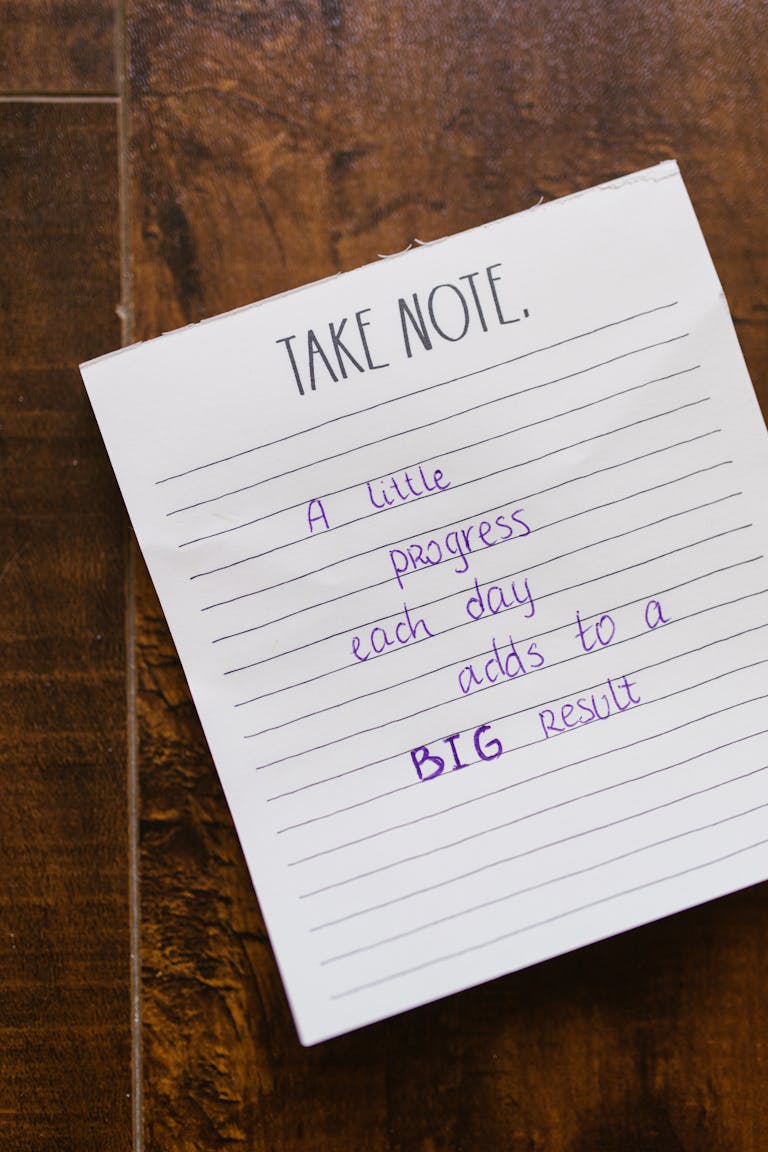Good habits have the power to change your life. Whether you’re trying to improve your productivity, health, relationships, or financial situation, the key to long-term success lies in creating and maintaining positive habits. But how do you build habits that stick, and how do you ensure they lead to transformation? Let’s dive into the power of habits and how you can harness them to transform your life.

1. Why Habits Matter
Habits are the foundation of everything you do. They shape your thoughts, actions, and ultimately, your results. Studies show that up to 40% of our daily actions are driven by habits, which means that habits have a profound impact on our overall well-being and success.
Positive habits help you stay consistent, create structure in your life, and work towards long-term goals. On the other hand, bad habits can hold you back, create unnecessary stress, and prevent you from reaching your potential.
2. The Science of Habit Formation
To understand how to build habits, it’s essential to know how they form. The habit loop consists of three key components:
- Cue: This is the trigger that prompts you to begin a specific action. It could be a time of day, an emotional state, or a specific situation.
- Routine: This is the behavior or action that you take in response to the cue. It’s the actual habit itself (e.g., exercising, reading, journaling).
- Reward: This is the positive outcome or feeling you get after completing the habit, which reinforces the behavior. The reward strengthens the habit loop and motivates you to repeat the action.
To build a new habit, focus on identifying a cue that will trigger the habit, choosing a simple routine, and creating a reward that encourages repetition.
3. How to Build Good Habits
Building a new habit can be challenging, but with the right strategy, you can make it easier. Here are some steps to help you create lasting positive habits:
- Start Small: Trying to change too many things at once can be overwhelming. Start with one small habit and focus on it until it becomes ingrained in your daily routine. For example, if you want to exercise regularly, begin by committing to 10 minutes a day.
- Make It Easy: Simplify the process of your habit. If your goal is to eat healthier, prepare your meals in advance to make it easier to stick to your diet.
- Be Consistent: Consistency is key to habit formation. Make sure to do your new habit at the same time every day, so it becomes part of your routine. Repetition is critical to making a new habit automatic.
- Use Triggers: Find existing habits or routines that you can pair with your new habit. For example, if you already drink a cup of coffee every morning, use that as a cue to write in your journal for 5 minutes.
- Track Your Progress: Keeping track of your progress helps reinforce the habit and gives you a sense of achievement. Use a habit tracker or journal to monitor your consistency.
- Be Patient: Habits take time to form. On average, it takes around 66 days for a new habit to become automatic. Be patient and kind to yourself as you build new habits.
4. Overcoming Common Habit-Building Challenges
- Lack of Motivation: It’s normal to feel demotivated at times. Combat this by focusing on small wins, celebrating progress, and remembering why you started.
- Sticking to It: Life can get busy, and sometimes habits slip through the cracks. To prevent this, use habit stacking, which involves pairing your new habit with an existing one.
- Perfectionism: Don’t aim for perfection. Missing a day or making a mistake doesn’t mean you’ve failed. The key is to get back on track quickly and not to let one slip-up derail your progress.
5. Habits for Personal Transformation
Some of the most impactful habits for personal transformation include:
- Morning Routines: Starting your day with a structured morning routine can set the tone for a productive and positive day. Include activities like meditation, exercise, or journaling.
- Gratitude Practice: Incorporating gratitude into your daily routine can boost your mood and help you focus on the positives in life.
- Mindful Eating: Developing a habit of mindful eating helps you pay attention to what you eat, how much you eat, and how it makes you feel.
- Continuous Learning: Reading books or engaging in online courses regularly helps you grow and develop new skills.
- Daily Reflection: Taking a few minutes each day to reflect on your achievements and challenges helps you stay grounded and motivated.
6. How Habits Transform Your Life
Habits compound over time. The more you practice a good habit, the more automatic it becomes. As you build positive habits, you’ll find that your life begins to transform. Small changes lead to big results.
For example, the habit of exercising regularly can improve your health, boost your energy levels, and increase your confidence. A habit of saving money can build financial security and lead to long-term wealth. A habit of setting aside time for family can improve your relationships and bring greater happiness.
Q: How long does it take to build a habit?
A: On average, it takes about 66 days for a new habit to become automatic. However, this time can vary depending on the complexity of the habit and the individual.
Q: What should I do if I miss a day of my habit?
A: Don’t be discouraged. Missing one day won’t ruin your progress. Simply get back on track the next day and stay consistent. The key is not to let one slip-up derail your entire habit-building process.
Q: Can I use habits to achieve my long-term goals?
A: Yes! Habits are essential for long-term success. By developing small, positive habits over time, you’ll gradually make progress toward your larger goals.
Start Building Your Habits Today!
Transform your life by committing to small, positive habits. Whether it’s fitness, productivity, or mental well-being, your habits will shape your future. Start with one habit today, and watch the transformation unfold!

I’m EKBAL HOSSAIN MONDAL, the creator of SmartSolveTips.com — a blog dedicated to helping people improve productivity, avoid digital burnout, and live better online. With years of hands-on experience in self-development and digital wellness, I write practical tips and tools to help you stay focused and thrive in a fast-paced digital world.






